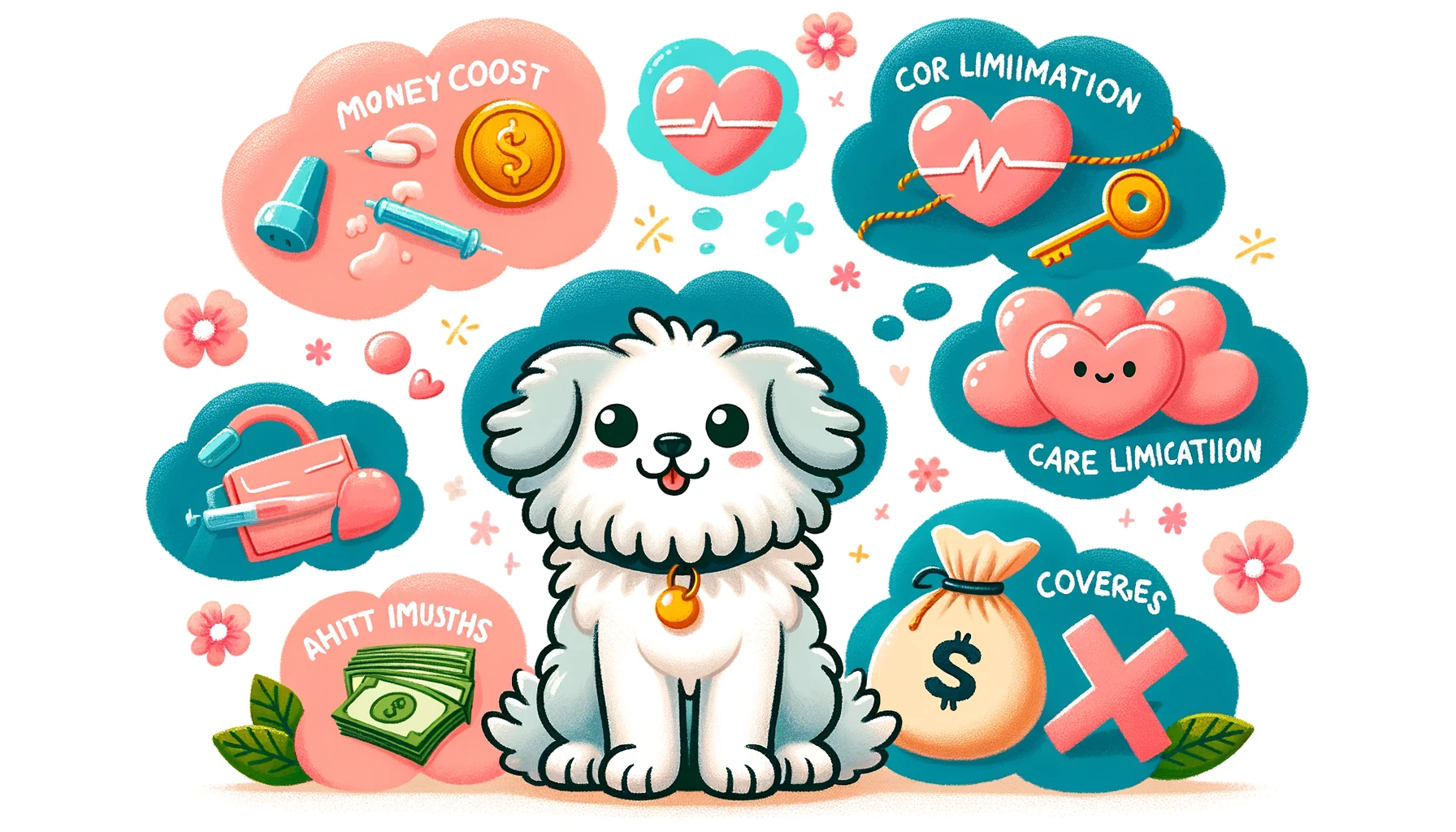The decision to purchase pet insurance is an important one for pet owners, offering a financial safety net for unexpected veterinary expenses. However, myths and misconceptions can cloud judgment, leading to hesitation and doubt. Understanding the truth behind these myths is crucial in assessing the value of pet insurance for your furry friend. Let’s debunk these myths and uncover the reality of pet insurance.
1. Pet Insurance Is Too Expensive
One of the most pervasive myths is that pet insurance is prohibitively expensive. In reality, the cost of pet insurance can vary widely based on the coverage level, deductible, and the pet’s age and breed. There are affordable options available that can fit into most budgets, and when compared to the potential cost of emergency care or treatment for chronic conditions, pet insurance can save pet owners thousands of dollars in the long run.
2. It Only Covers Accidents
Many believe pet insurance only covers accidents, such as injuries from being hit by a car or ingesting something harmful. However, most pet insurance plans offer much more comprehensive coverage, including illnesses, chronic conditions, hereditary and congenital conditions, and even preventive care in some cases. Understanding the breadth of coverage can change one’s perspective on the value of pet insurance.
3. Pre-existing Conditions Are Always Excluded
While it’s true that pre-existing conditions are often excluded from coverage, this doesn’t apply to all situations or policies. Some insurance providers may cover curable pre-existing conditions after a certain period without symptoms or treatment. Additionally, new conditions that arise after the policy start date are typically covered, making pet insurance valuable even for pets with health histories.
4. You Can’t Choose Your Vet
Another common myth is that pet insurance limits you to a network of veterinarians. Unlike human health insurance, most pet insurance policies allow you to visit any licensed veterinarian, specialist, or emergency clinic. This freedom ensures you can choose the best possible care for your pet, regardless of insurance affiliations.
5. Pet Insurance Isn’t Worth It for Healthy Pets
Some pet owners think insurance isn’t necessary for healthy pets. However, even the healthiest pets can experience unexpected accidents or illnesses. Pet insurance provides peace of mind, knowing that you’re prepared for unforeseen health issues, which can be financially and emotionally reassuring.
6. The Claims Process Is Too Complicated
The belief that filing claims is a complicated and tedious process deters some from purchasing pet insurance. While the claims process can vary by provider, many companies have streamlined their procedures, offering simple online or mobile app submissions. Some insurers even offer direct payment to veterinarians, reducing out-of-pocket expenses and simplifying the process.
7. Older Pets Can’t Get Insured
While insuring older pets can be more expensive due to a higher risk of health issues, it’s a myth that they can’t be insured at all. Many insurance companies offer plans specifically designed for senior pets, covering age-related conditions. Although coverage options may be more limited, insurance can still play a crucial role in managing an older pet’s healthcare costs.
8. All Pet Insurance Policies Are the Same
Finally, there’s a misconception that all pet insurance policies are identical. In reality, there’s a wide variety of plans available, with different levels of coverage, deductibles, reimbursement rates, and exclusions. It’s important to carefully compare policies to find the one that best suits your pet’s needs and your financial situation.
Pet insurance is a valuable tool for managing veterinary expenses and ensuring your pet receives the best possible care. By debunking these myths, pet owners can better understand the benefits and limitations of pet insurance, making more informed decisions. Remember, the right pet insurance policy can offer peace of mind and financial security, allowing you to focus on what’s most important—your pet’s health and happiness.



